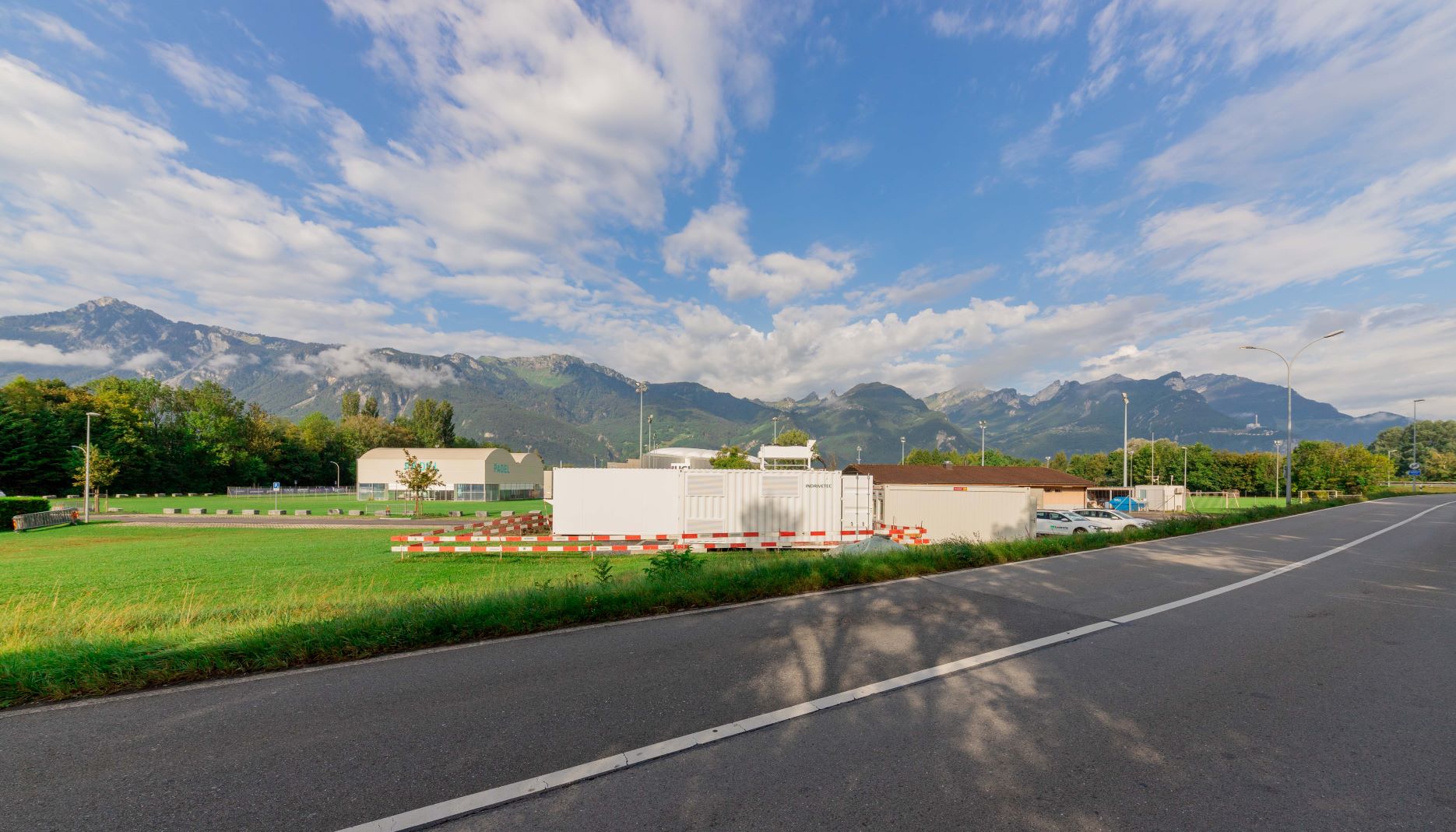Case study
Romande Energie, Aigle

The Challenges
In 2017 the Swiss people overwhelmingly voted to support an overhaul of the country’s energy system. The initiative, known as Energy Strategy 2050, is aimed at reducing carbon emissions and improving sustainability. Among the key pillars of Energy Strategy 2050 are dramatically increasing Switzerland’s utilization of renewable energy, phasing out the country’s fleet of nuclear power plants, and promoting efforts to improve energy efficiency. This ambitious plan is not without its challenges, however. Among these is dealing with intermittency. As known, the intermittent nature of renewable energy resources, such as wind and solar, can force electrical grids to operate in unfeasible conditions. In order to evaluate the best possible way to overcome this challenge and develop innovative grid solutions, the country founded the Swiss Competence Center of Electrical Infrastructure (SCCER-FURIES). Leclanché is working with the SCCER on one of their research projects known as REeL. The REeL project features a Leclanché battery energy storage system (BESS), which SCCER researchers are using to explore and evaluate different applications, including using a BESS as a voltage and load buffer for EV fast-charging stations.
The Solution
Leclanché undertook the design, engineering, installation, and commissioning of a 1.5 MW/2.5 MWh BESS for the REeL project, which is located in Aigle, Switzerland. The battery modules are enclosed in a customized 40’ enclosure. Both the inverter and transformer are placed in a 20ft container next to the battery enclosure. The system is connected to a medium voltage substation (provided by Romande Energie), to which the EV fast-charging stations are also connected. The Leclanché power plant controller controls the auxiliary system in the battery container while the overall energy management system was developed by the Distributed Electrical Systems Laboratory of the Ecole Polytechnique Federal de Lausanne (EPFL) specifically for the REeL demonstration project.
Andere Fallstudien
-
The Challenges The electrification of transportation is expanding at a fast pace and that includes the maritime sector where a growing list of countries are requiring the electrification of ferries. Fully electric ferries reduce emissions – and noise (especially important within the harbor) – as well as operational costs. Passenger ferries, which travel relatively […]
-
Major cities and regions, such as Toronto, Ontario, are facing the increasingly difficult challenge of generating more clean and efficient power for their growing population centers while maintaining the reliability of the grid.
-
Commercial and Industrial (C&I) electricity customers worldwide are facing pressure to reduce their energy costs. In an increasingly competitive business environment, minimizing and optimizing energy consumption is paramount to being successful.